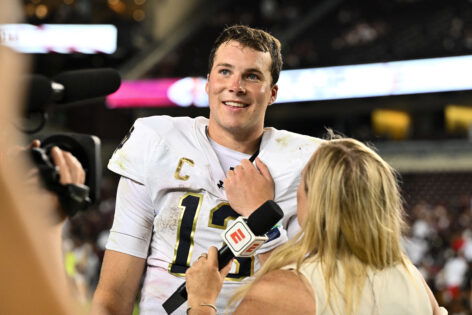
Faith, Football, and Family: The Untold Story Behind Riley Leonard's Origins


In a significant shift for West Virginia's vaccination policies, Governor Patrick Morrisey is set to introduce religious exemptions across the state. Unlike most states that already offer such exemptions, West Virginia has traditionally maintained strict vaccination requirements without religious opt-outs. The newly elected Republican governor is taking swift action to change this landscape, announcing that his administration will interpret the state's "Equal Protection for Religion Act" to include vaccine exemptions for both public and private institutions. This move signals a potential major transformation in the state's approach to immunization mandates. Morrisey's interpretation promises to provide religious individuals and families with more flexibility in making healthcare decisions that align with their personal beliefs. The change could have far-reaching implications for vaccination requirements in schools, workplaces, and other public settings throughout West Virginia.

North Dakota's legislative session is heating up with a series of proposed bills that could significantly impact healthcare, education, and community services across the state. As lawmakers debate these critical measures, residents are closely watching how potential changes might reshape their daily lives. Healthcare takes center stage this session, with several bills addressing key concerns. Proposed legislation aims to expand access to medical services, particularly in rural areas where healthcare resources are often limited. Lawmakers are exploring innovative approaches to support healthcare providers and improve patient care throughout North Dakota's expansive landscape. Education is another focal point, with bills targeting everything from K-12 funding to higher education support. Legislators are wrestling with proposals that could reshape how schools are funded, how teachers are supported, and how students receive educational opportunities. The discussions reflect a deep commitment to ensuring North Dakota's educational system remains responsive to the changing needs of students and communities. Beyond healthcare and education, the current legislative session is tackling a range of issues that touch the lives of North Dakota residents. From infrastructure improvements to social services, the proposed bills demonstrate the complex challenges and opportunities facing the state. As the session progresses, citizens are encouraged to stay informed and engaged. These legislative discussions will ultimately determine critical policies that will impact North Dakota's future, touching everything from local schools to community healthcare services. The coming weeks will be pivotal in shaping the state's direction, with lawmakers working to balance diverse interests and create meaningful solutions for North Dakota's residents.

In a momentous ceremony steeped in divine significance, Donald Trump was inaugurated as the 47th President of the United States, marking a powerful return to the national stage. During his inauguration speech, Trump delivered a deeply personal and spiritual message, declaring that his survival of the attempted assassination last July was a divine intervention. "God has a plan for me," Trump proclaimed with conviction, "and that plan is to restore America to its former glory." His words resonated with supporters who view his political journey as more than just a political comeback, but a providential mission to "make America great again." The ceremony was a testament to Trump's resilience, transforming a near-fatal incident into a narrative of miraculous preservation and renewed purpose. His passionate address emphasized not just political renewal, but a spiritual awakening that he believes is crucial for the nation's future. Supporters and political allies gathered to witness what they see as a prophetic moment in American political history, with Trump positioning himself as a leader chosen by divine providence to lead the country through challenging times.
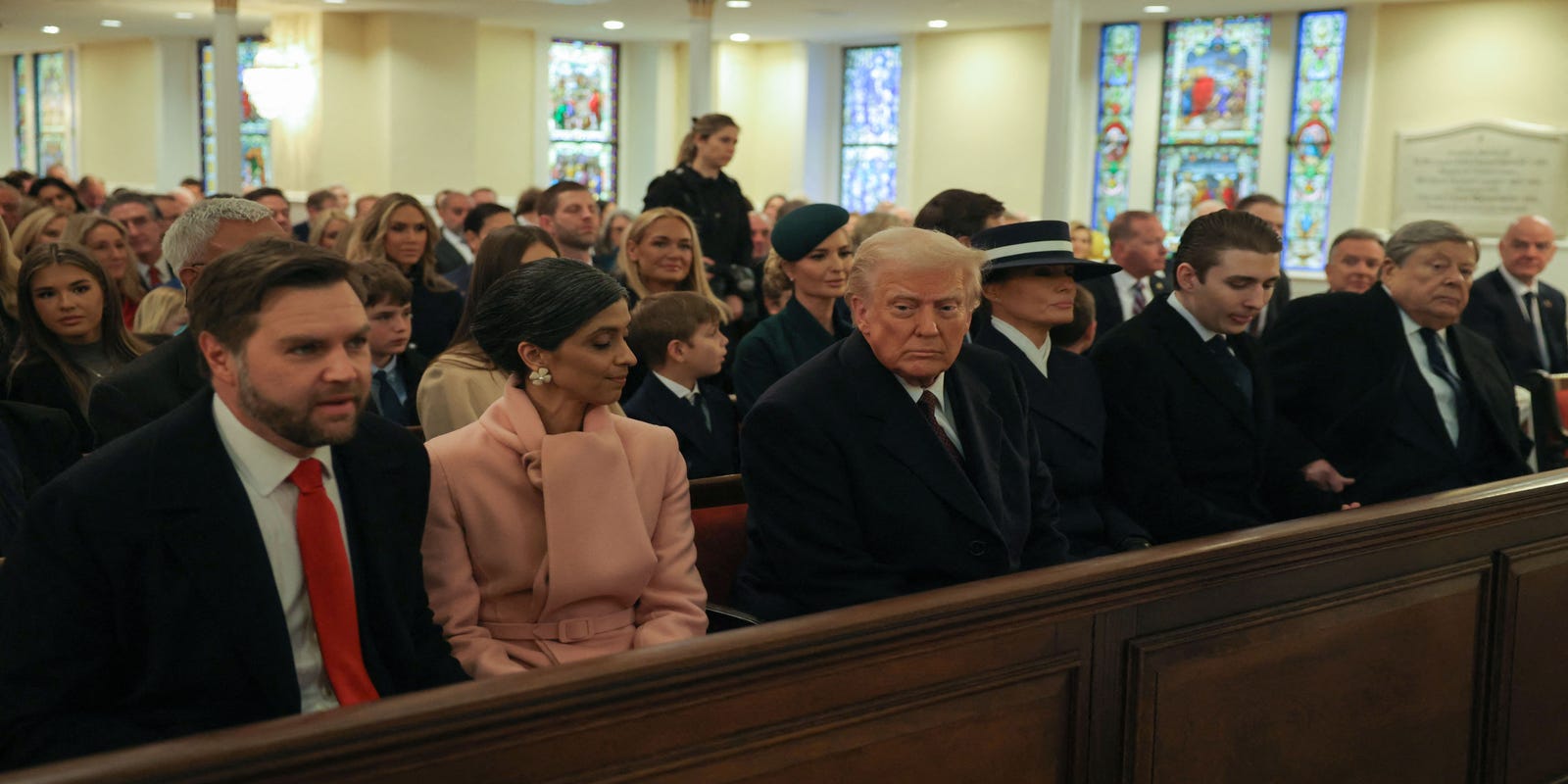
As JD Vance prepares to take office as Vice President, the religious backgrounds of both him and his wife Usha offer a fascinating glimpse into their personal beliefs and cultural experiences.
JD Vance's religious journey is a compelling narrative of transformation. Raised in a challenging environment in Middletown, Ohio, Vance initially had a complicated relationship with faith. However, his later conversion to Catholicism represents a profound spiritual awakening that has deeply influenced his worldview and personal values.
In contrast, Usha Vance brings a rich Hindu background to their partnership. Born to Indian immigrant parents, her cultural and religious heritage adds a unique dimension to the Vance family's spiritual landscape. Her Hindu upbringing has likely shaped her perspective on community, family, and personal growth.
The Vances' interfaith marriage represents a modern approach to spirituality—one that embraces diversity and mutual respect. Their ability to honor each other's religious backgrounds while finding common ground speaks to a broader narrative of cultural understanding and personal faith.
As they prepare to enter the national political stage, the Vances' religious journeys offer an intriguing insight into their personal values and the evolving nature of American religious identity.

tags in HTML 3. Create a clear, compelling title without outer quotes Please paste the complete article text, and I'll assist you right away.

At the heart of Martin Luther King Jr.'s vision was a powerful concept: the Beloved Community. This wasn't just a dream, but a profound social ideal where love transforms human relationships. King imagined a society where compassion, understanding, and mutual respect would replace conflict and division. In the Beloved Community, people would see beyond their differences, treating each other with genuine kindness and empathy. It wasn't about ignoring conflicts, but about resolving them through nonviolence, dialogue, and a deep commitment to understanding one another. King believed that love had the extraordinary power to heal social wounds and create genuine human connection. This wasn't a naive utopia, but a practical blueprint for social change. By embracing love as a transformative force, communities could break down barriers of race, class, and prejudice. The Beloved Community represented hope – a vision of what humanity could become when we choose understanding over hatred, and compassion over division.
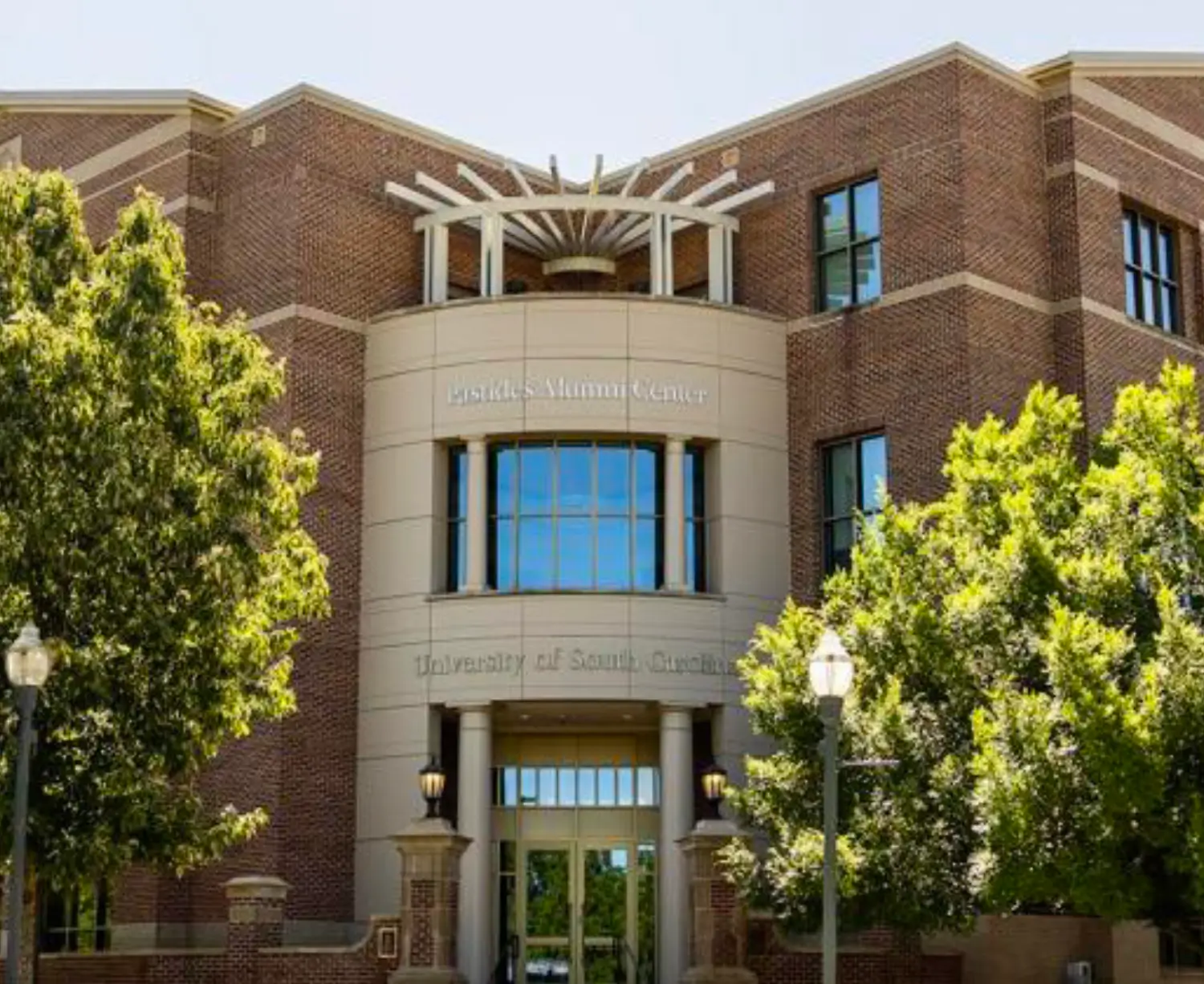
Archbishop Elpidophoros of America, a distinguished leader of the Ecumenical Patriarchate, is set to deliver a powerful message of unity and understanding at the upcoming Religious Freedom Symposium. Themed God Created Us to Live In Harmony (Romans 12:16), the event promises to explore the profound importance of religious tolerance and mutual respect. Organized by the esteemed Archons of the Ecumenical Patriarchate, this symposium aims to shed light on the critical role of religious freedom in fostering peaceful coexistence among diverse communities. His Eminence will draw inspiration from the biblical passage in Romans, emphasizing the universal call to live in harmony and embrace our shared humanity. The symposium represents a significant opportunity for dialogue, reflection, and collective understanding in an increasingly complex global landscape. Attendees can expect an insightful and thought-provoking address that challenges divisive narratives and promotes a message of compassion and unity.
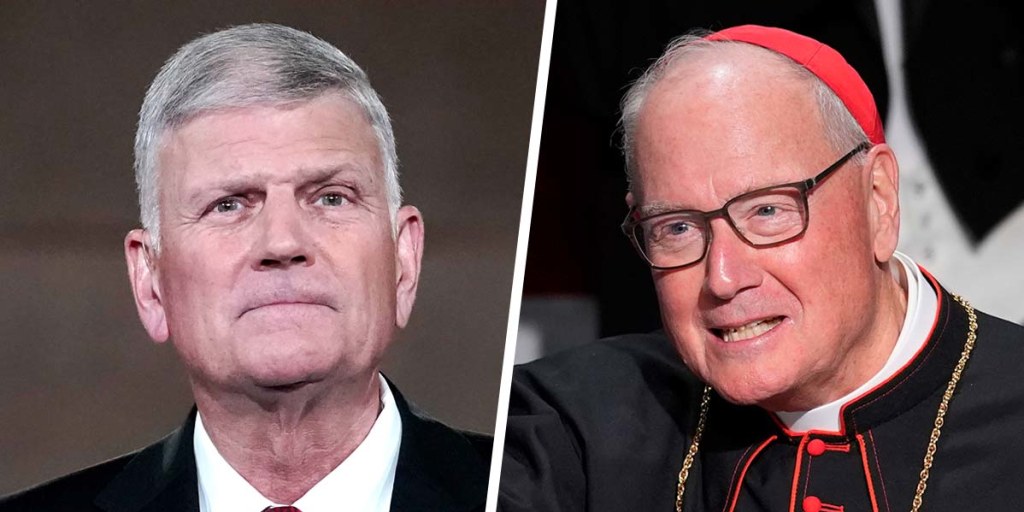
In a surprising turn of events, religious leaders who have ardently supported Donald Trump may be facing unexpected consequences that extend far beyond their initial political alignment. What began as a passionate endorsement of Trump's "Make America Great Again" movement has evolved into a complex moral and political quandary that challenges the very foundations of their religious principles. Many evangelical and conservative clergy members who enthusiastically backed Trump's presidential campaigns are now finding themselves at a critical crossroads. The former president's legal challenges, controversial statements, and increasingly divisive rhetoric have created a profound dilemma for religious figures who once viewed him as a political savior. These religious leaders are discovering that their unwavering support comes with significant moral and professional risks. The alignment with Trump has not only fractured congregations but has also raised serious questions about the integrity of religious leadership and the boundaries between political advocacy and spiritual guidance. As investigations and legal proceedings continue to unfold, many clergy members are reassessing their initial support, recognizing that their political allegiance may have compromised their spiritual credibility. The potential long-term damage to their religious institutions and personal reputations is becoming increasingly apparent. The situation serves as a stark reminder that political endorsements can have far-reaching and often unforeseen consequences, especially when religious leaders choose to intertwine faith with partisan politics.
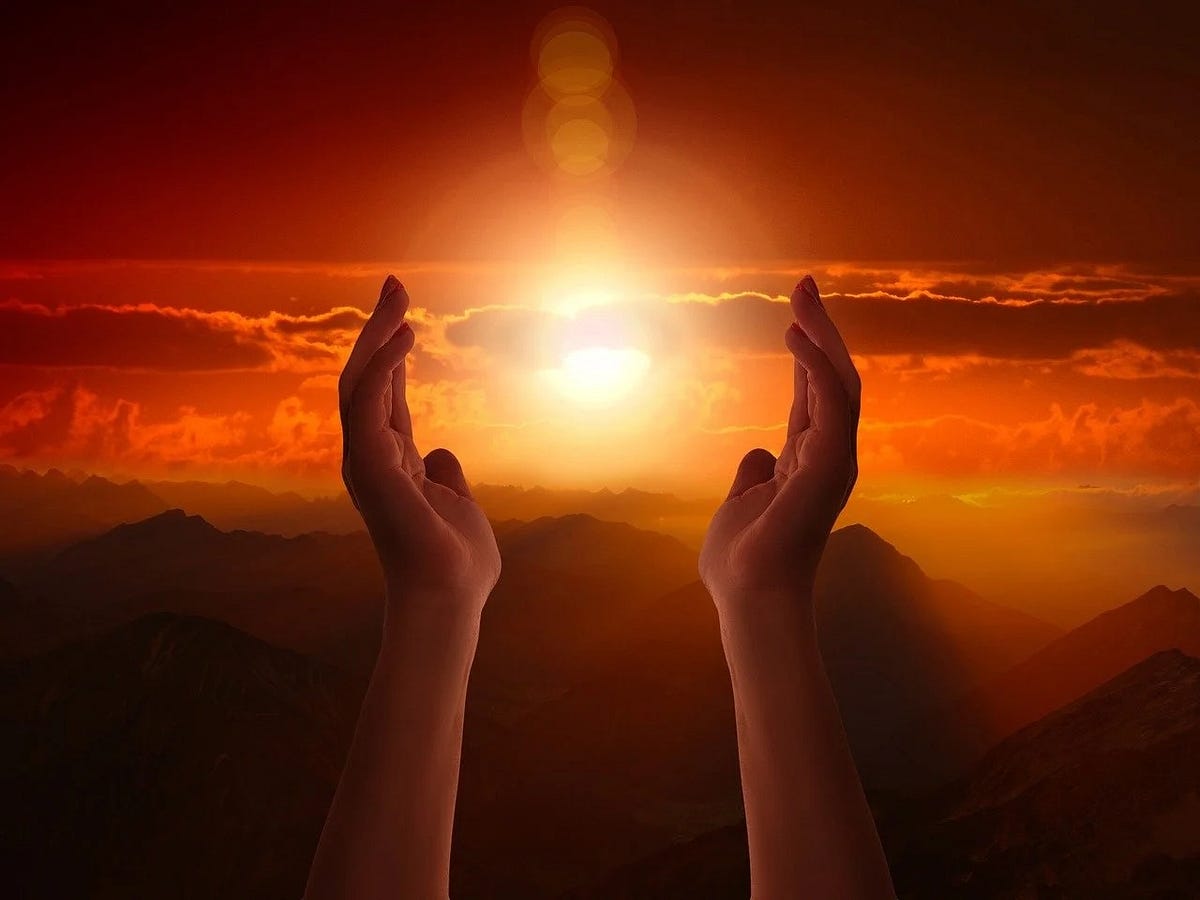
Across diverse religious traditions, the fundamental concept of a divine creator is intrinsically connected to the profound mystery of universal origins. The idea of a supreme being who orchestrates the cosmic design transcends cultural boundaries, offering a compelling narrative about the emergence of existence itself. From the intricate cosmologies of ancient civilizations to contemporary theological perspectives, the notion of a divine architect remains a powerful philosophical and spiritual construct. Whether viewed through the lens of monotheistic traditions or more complex metaphysical frameworks, the concept of a creator represents humanity's enduring quest to understand the fundamental questions of existence, purpose, and cosmic order. This universal theme reflects our collective human desire to comprehend the inexplicable—to find meaning in the vast, complex tapestry of creation. The divine creator emerges not just as a theological concept, but as a profound metaphor for the extraordinary complexity and interconnectedness of our universe, inviting contemplation and wonder about the ultimate source of all being.

